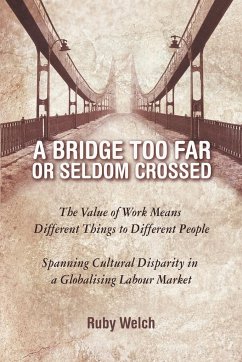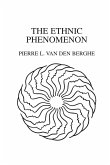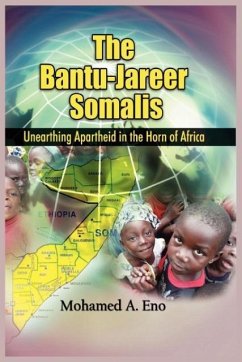This book examines what is generally accepted in Western European societies as the work ethic, comparing it with the motivation to work of non-Western people in the labour market. People's expectations and perceptions about work are comprised of shared ideas, values, beliefs, rules, and meanings expressed through their social institutions, which the author terms "ideal systems." It is these ideal systems that influence the ways people organize their workplaces, which are in turn a subsystem of their broader society. Industrial relations are therefore culturally shaped, rather than solely determined by technological, industrial, or political considerations. Changes in societies due to industrialization and technological innovation do occur, but they don't necessarily converge, because actors in various social systems drive and adapt to social change in culturally specific ways. The Maori people of New Zealand, who have been predominantly integrated in the capitalist economy of that country, persistently show they have different expectations and purposes for participating in the workforce. In a globalizing market, workers from various cultural backgrounds are expected to work together in relative harmony, yet the author's studies indicate it is the distinction between Western individualistic thought about work that contrasts significantly with Maori holistic views of work and society. About the Author Ruby Welch is a retired anthropologist. She was born in the Netherlands East Indies and was five years old when the colony was invaded by the Japanese. "After the war, the Indonesians started shooting at us, and my mother and we three young children fled to Singapore. We were repatriated to the Netherlands where I attended school and high school, served in the Royal Dutch Navy for four years during the Cold War, after which I emigrated to Australia." Publisher's website: http://sbprabooks.com/RubyWelch
Hinweis: Dieser Artikel kann nur an eine deutsche Lieferadresse ausgeliefert werden.
Hinweis: Dieser Artikel kann nur an eine deutsche Lieferadresse ausgeliefert werden.








